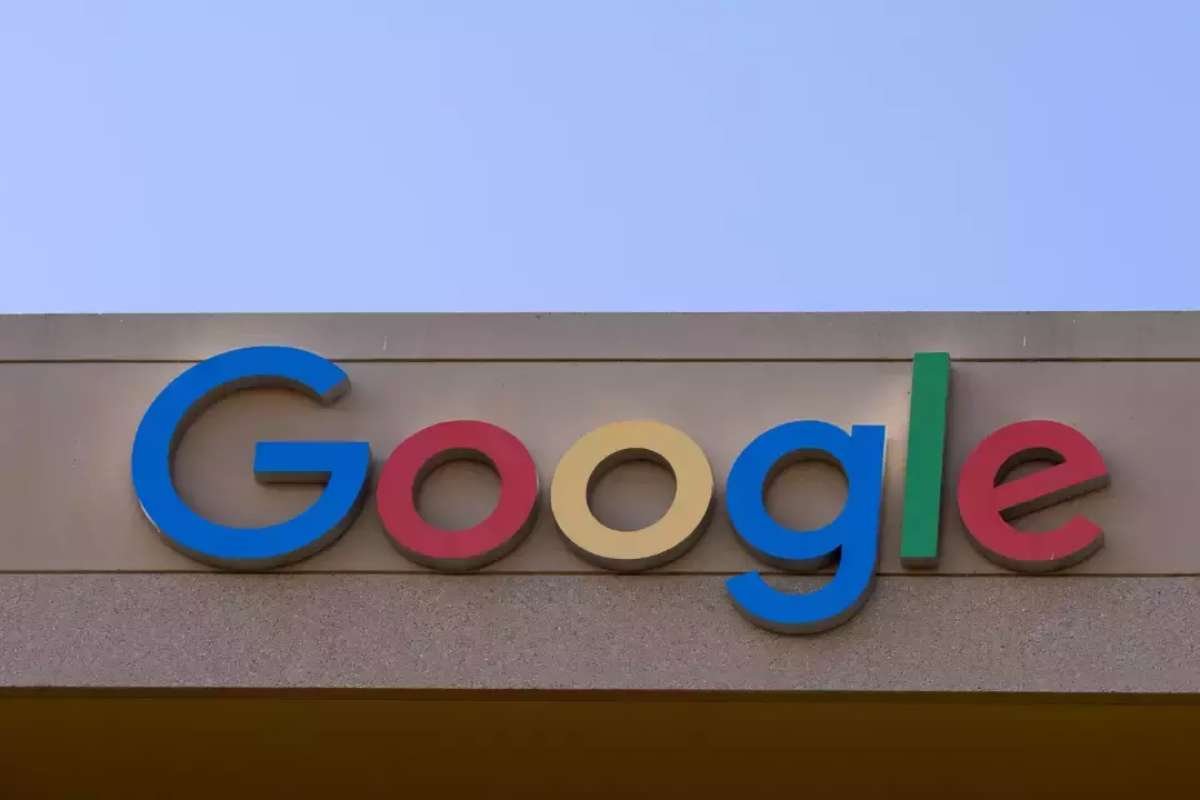Demand for Chrome Sale and New Restrictions on Android
U.S. regulators are intensifying their efforts to break up Google’s monopoly in the tech industry following a court ruling that found the company maintained an abusive market dominance for over a decade. In a recent 23-page filing, the US Department of Justice (DOJ) proposed a series of sweeping penalties, including the forced sale of Google’s Chrome browser. The DOJ argues that this move would prevent Google from leveraging Chrome as a critical access point to reinforce its dominant search engine.
The recommendations extend to imposing restrictions on Google’s Android operating system to prevent it from prioritizing the company’s own search engine. Although the US Department of Justice stopped short of calling for a direct sale of Android, it warned that divestiture could still be on the table if misconduct persists. Regulators also proposed measures to ban Google from securing lucrative agreements that position its search engine as the default option on devices like Apple’s iPhone. This would dismantle existing contracts worth over $26 billion annually.
Additionally, the DOJ seeks to curb Google’s favoritism of its own services, including YouTube and its artificial intelligence platform, Gemini. The agency also called for transparency in Google’s ad pricing mechanisms and mandated that the company share its search index data with competitors to foster fair competition.
Google’s Defense and the Stakes for the Tech Giant
In response, Google’s Chief Legal Officer Kent Walker criticized the DOJ’s proposals as “radical” and harmful to innovation. Walker cautioned that the measures could jeopardize personal privacy and undermine Google’s progress in artificial intelligence, an area he deemed crucial for future technology.
Should the court accept the US Department of Justice’s recommendations, Google would have six months to spin off Chrome, a browser it has owned for 16 years. The company is expected to appeal any ruling requiring such drastic measures, prolonging a legal battle that has already spanned over four years. This antitrust case, led by U.S. District Judge Amit Mehta, represents one of the most significant regulatory challenges faced by Google, with hearings on the proposed penalties scheduled for April.
Experts remain divided on the scope of the DOJ’s recommendations. While some argue that breaking up Google is essential to restore competition, others, like Syracuse University law professor Shubha Ghosh, suggest the penalties may exceed the harm identified in last year’s trial.
Implications for Big Tech and Regulatory Landscape
The case against Google echoes the antitrust scrutiny faced by Microsoft 25 years ago, where a federal court initially ordered a breakup that was later overturned on appeal. Observers believe this precedent could influence Judge Mehta’s approach, making him cautious about adopting similar measures against Google.
The case also underscores the Biden administration’s aggressive stance on Big Tech monopolies. Jonathan Kanter, head of the DOJ’s antitrust division, has worked closely with Federal Trade Commission Chair Lina Khan to challenge tech giants’ dominance. However, the future of the case remains uncertain, especially with a potential change in administration. President-elect Donald Trump has expressed reservations about breaking up Google, suggesting alternative measures to ensure fairness in the market.
The stakes are high for Google, whose annual revenue exceeds $300 billion. Rivals, like DuckDuckGo, welcomed the US Department of Justice’s recommendations, emphasizing the need for robust remedies to dismantle Google’s entrenched monopoly. As the legal battle unfolds, the outcome could redefine the regulatory environment for tech giants and reshape the digital economy.









